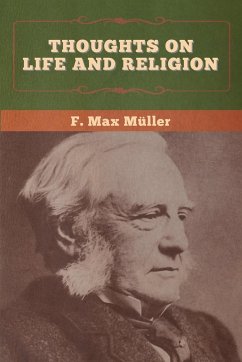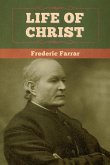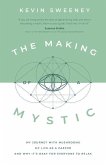Friedrich Max Müller, K.M. (Ph.D., Philology, Leipzig University, 1843)-generally known as Max Müller or F. Max Müller-was the first Professor of Comparative Philology at Oxford University, and an Orientalist who lived and studied in Britain for most of his life. He was one of the founders of the western academic field of Indian studies and the discipline of comparative religion. Müller wrote both scholarly and popular works on the subject of Indology and the Sacred Books of the East, a 50-volume set of English translations, was prepared under his direction. Müller became a naturalized British citizen in 1855. In 1869, he was elected to the Académie des Inscriptions et Belles-Lettres as a foreign correspondent. He was awarded the Pour le Mérite (civil class) in 1874, and the Bavarian Maximilian Order for Science and Art the following year. In 1888, he was appointed Gifford Lecturer at the University of Glasgow, delivering the first in what has proved to be an ongoing, annual series of lectures at several Scottish universities to the present day. He was appointed a member of the Privy Council in 1896. His wife, Georgina Adelaide Müller was also an author. After Max's death, she deposited his papers at the Bodleian Library, Oxford. (wikipedia.org)








